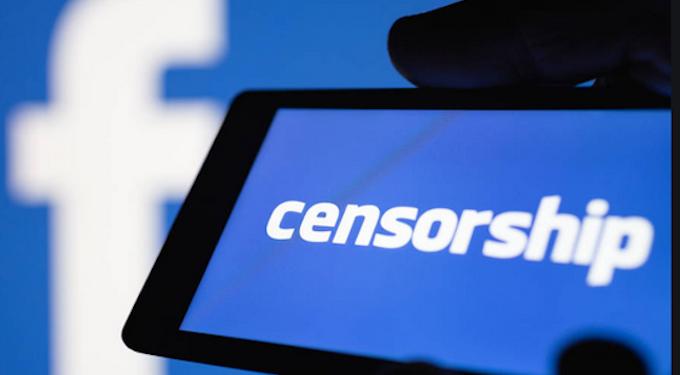
Uncommon Ad Space: Championing Free Speech Amidst Media Turbulence
02/07/2024
30/11/2022

Evolutionary psychology seeks to address the following basic question: “How does a particular behaviour, cognition, emotion and/or perception constitute a functional solution to an adaptive problem in our evolutionary past?” Evolutionary psychology also tries to answer the question as to why a particular behaviour, cognition, or emotion exists, rather than only answering how it operates and what it results in, given that it exists.
Uncommon Sense apply this paradigm to consumption phenomena, understanding these considerations provides a huge advantage to marketers and business, allowing them to predict the consumption behaviour of an individual.
The first obvious step is applying this framework to the effect of gender on various consumption-related behaviours. Archer (1996) has clearly demonstrated the viability of evolutionary theories as opposed to social role theory in investigating and discovering sex differences in social behaviour.
Why do luxury cars, watches and trading platforms primarily target men? Based on the findings of distinct mate preferences in humans (Buss, 1989), it was indicated that men would display an enhanced striving and motivation for acquiring resources and status.
Men are unbelievably motivated by status concerns because women primarily choose men on the basis of their perceived status. Women use status as a marker for productive generosity. They’re interested a man’s ability to generate resources, and luxury items are a proxy for wealth thus a proxy for a man’s ability to generate resources.
The enhanced striving for acquiring resources also manifests itself in males displaying a higher propensity to engage in intrasexual competition and aggression (Buss, 1996). This increased propensity of intrasexual competition for status among males and their increased levels of risk-seeking tendencies could also manifest itself in other consumption related pursuits, like participation in competitive sports and risky leisure activities.
These activities are not directly related to status gains, but they do require a higher risk-seeking predisposition, a direct correlate to potential status gains in males.
Understanding this hypothesis gives marketers a distinct advantage when articulating their proposition or crafting advertising campaigns. Appealing to a man’s desire for status or a woman’s desire for a man with status.
Although not all consumption can be explained by evolutionary theory. The challenge for marketers is to know which phenomena fall under its universal rubric. Marketers are unlikely to be successful in creating needs and wants for products that are grossly antithetical or incongruent with our human nature.
Archer, J. (1996). Sex differences in social behaviour: Are social role and evolutionary explanations compatible? American Psychologist, 51, 909–917.
Buss, D. (1989). Sex differences in human mate preferences: Evolutionary hypotheses tested in 37 cultures. Behavioural and Brain Sciences, 12, 1–49.
Buss, D. (1996). The evolutionary psychology of human social strategies. In E. T. Higgins & A. W. Kruglanski (Eds.), Social psychology: Handbook of basic principles (pp. 3–38). New York: The Guilford Press